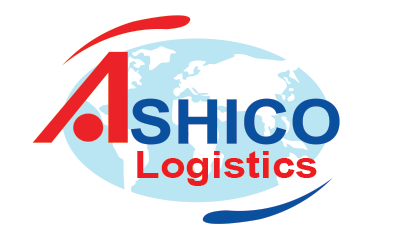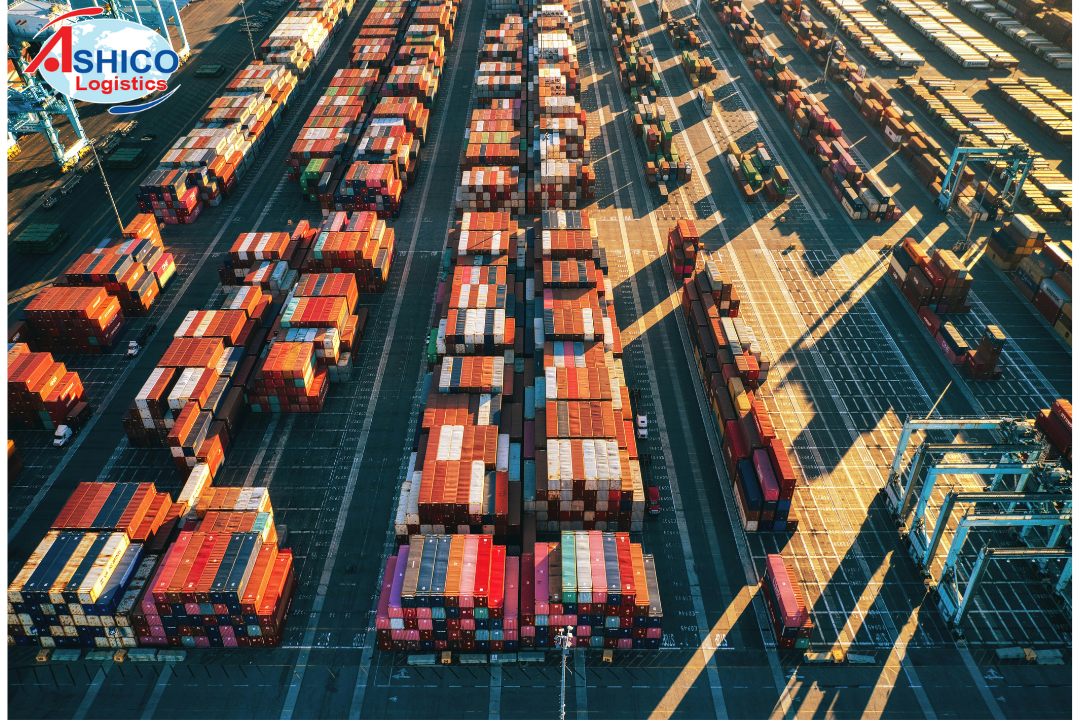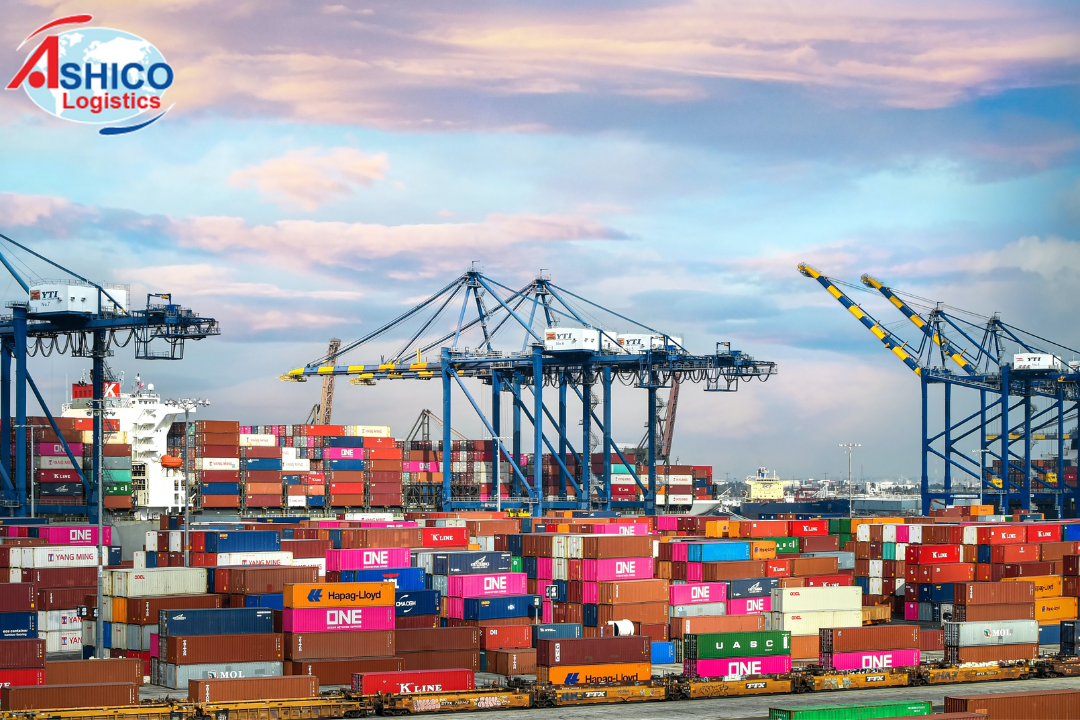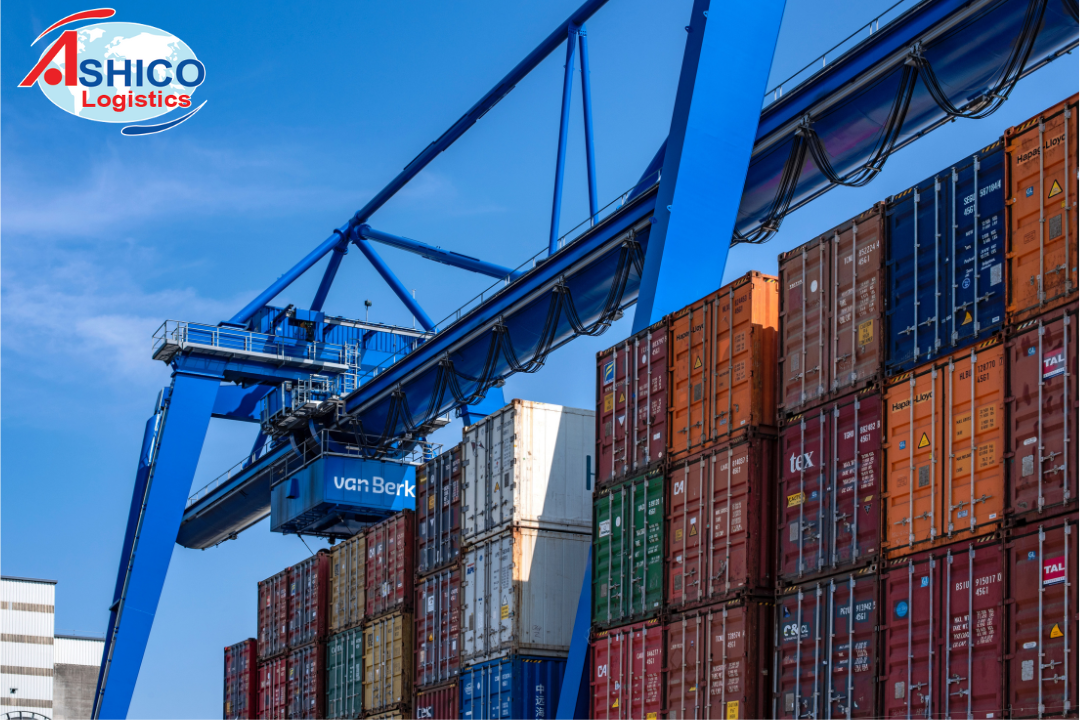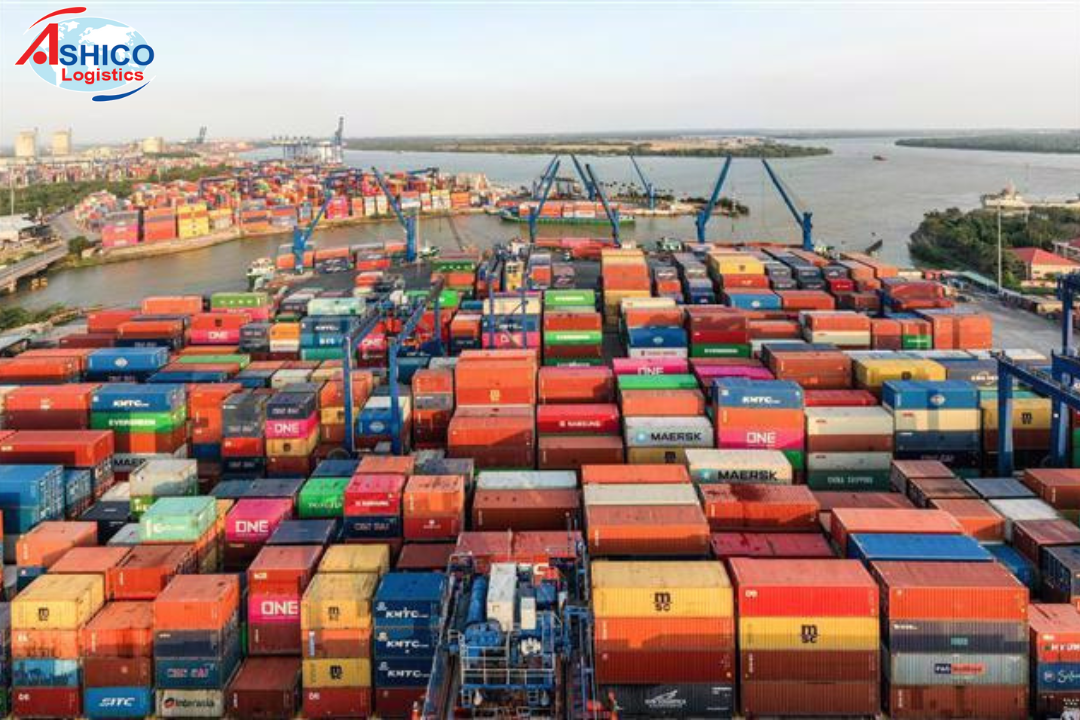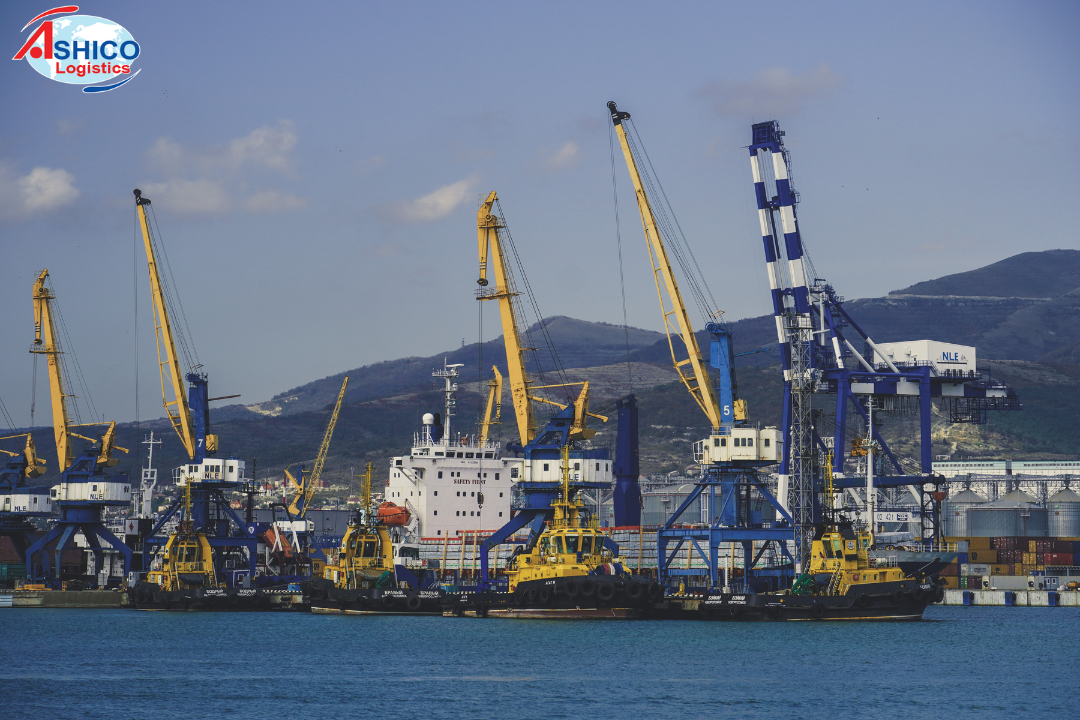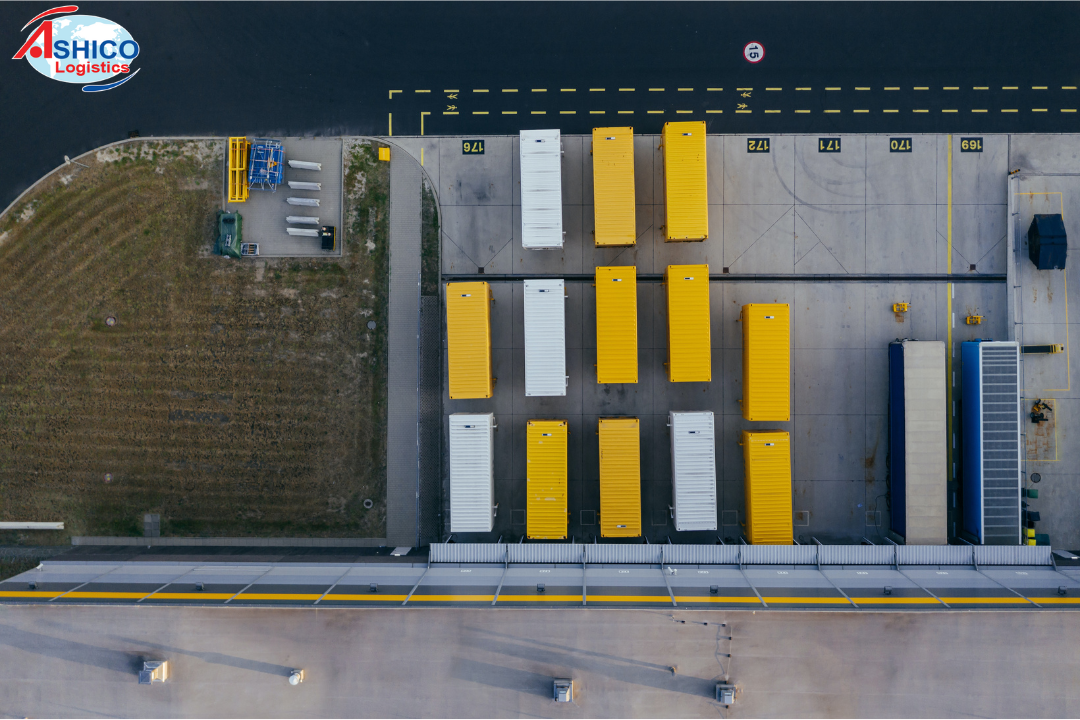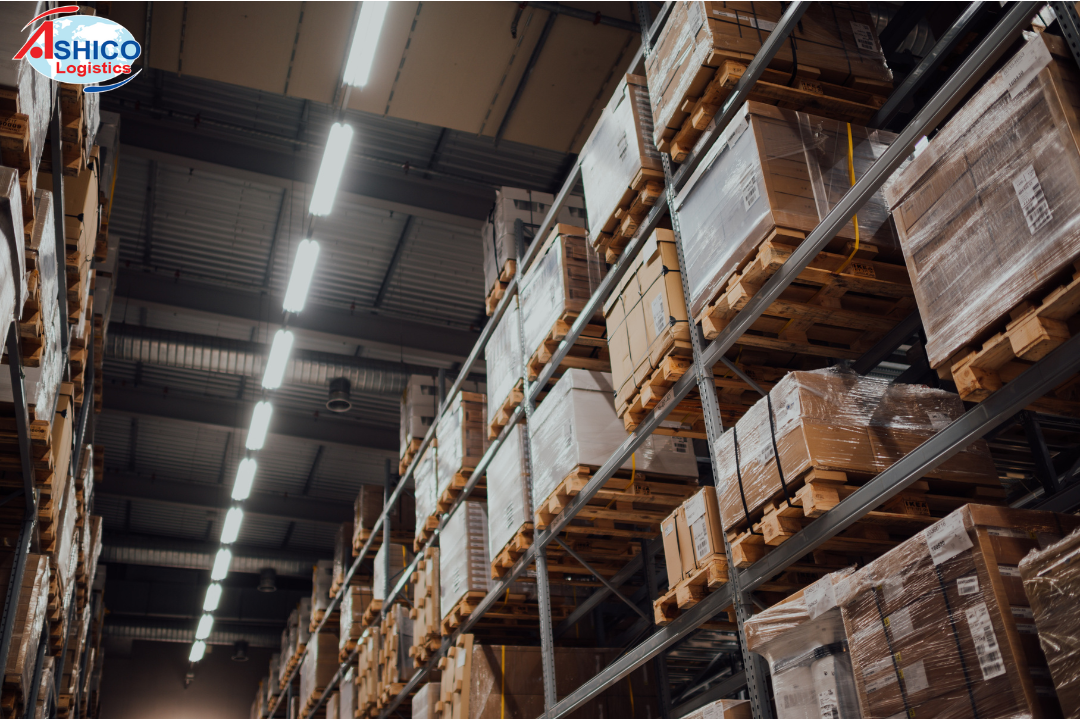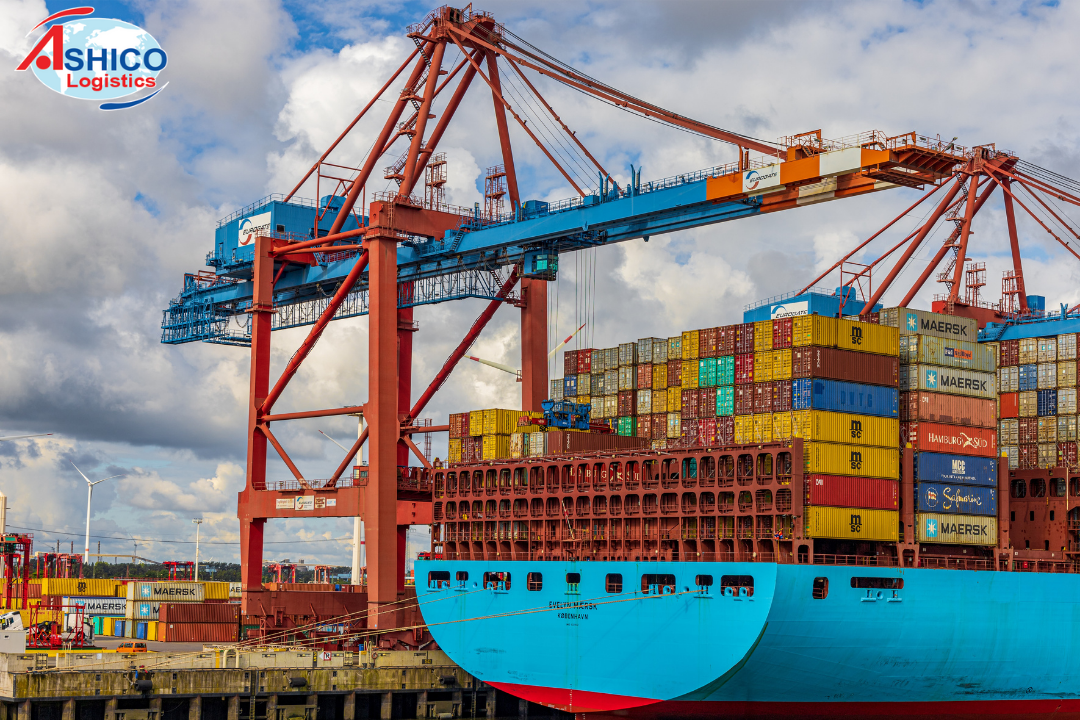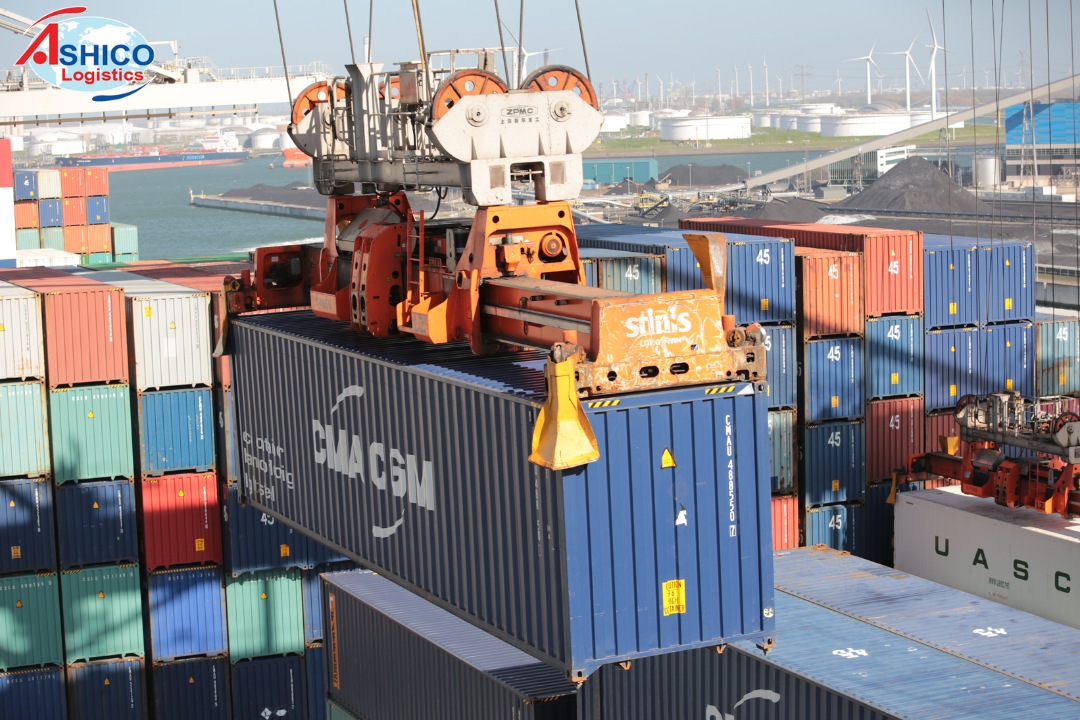
Logistics enterprises adapt to compete in the new situation
The production shift of large corporations into Vietnam is an opportunity for domestic logistics enterprises to take advantage of opportunities, but the challenge is still great. "Vietnamese logistics enterprises are starting to adapt to compete with foreign enterprises in the new situation," said Le Duy Hiep, chairman of the Vietnam Logistics Association (VLA).
After the Covid-19 pandemic, many large corporations plan to move their production facilities to Vietnam. Is this a "golden" opportunity for Vietnamese logistics enterprises?
Yes, after Covid-19, there was a shift of production facilities of many large corporations to Vietnam. The displacement has 2 threads. The first is moving from countries that are slow to open up after the pandemic. The second is that foreign businesses that have registered to invest in Vietnam before, but have not yet deployed, now deploy projects on a large scale such as the Lego Group of Denmark investing in a factory of more than 1 billion USD in Vietnam. Binh Duong.
With such a large project, it is clear that there is an opportunity for Vietnamese logistics enterprises to participate in the global supply chain. The problem is, how will domestic logistics enterprises take advantage of this opportunity.

Mr. Le Duy Hiep, Chairman of Vietnam Logistics Association (VLA).
The opportunity has been seen, but what are the challenges that Vietnamese logistics enterprises will face, sir?
The first is that the service quality of FDI enterprises is always very high. In addition to high service quality, large corporations also require domestic logistics enterprises to meet the criteria of sustainable development, green criteria...
With such strict requirements, logistics enterprises must have a certain investment in technology, facilities, human resources, etc. to meet the requirements of FDI enterprises. Another challenge comes from many FDI enterprises shrinking production or closing factories due to difficulties, which also causes Vietnamese logistics enterprises to reduce their market share.
In addition to the two challenges mentioned above, logistics enterprises also face new challenges such as congestion in registration and power outage in the North.
Besides, due to the Covid-19 pandemic, the speed of digital transformation has also slowed down. In the logistics industry, digital transformation is very urgent to meet the requirements of the economy. I think it is necessary to restart the digital transformation in a step-by-step route from low to high. For example, digitizing transport documents can be applied by small and medium enterprises.
Many FDI enterprises tend to use green, clean and environmentally friendly logistics services. This is an inevitable trend in the near future. So how do logistics businesses adapt to this trend?
Many Vietnamese logistics enterprises have invested in applying green logistics criteria such as using renewable energy, using electric transport instead of diesel.
For example, Transimex has invested in a rooftop solar power system to use for cold storage. The enterprise also switched to using electric forklifts in the warehouse to replace diesel vehicles. VLA also encourages businesses to use gas-powered trucks to reduce environmental pollution.
In the context of FDI enterprises pouring capital into the logistics industry more and more, competition is fierce. In your opinion, what should Vietnamese logistics enterprises do to adapt to the new situation?
To improve competitiveness, logistics businesses need to invest in technology, human resources, and apply international standard criteria to the logistics industry.
According to my observations, Vietnamese logistics enterprises have adapted and improved a lot of weaknesses compared to before. Currently, services in the supply chain such as logistics and domestic transportation, Vietnamese enterprises have mastered technology and competed equally and fairly with foreign enterprises operating in Vietnam. Only international transportation by sea and by air is currently heavily dependent on foreign shipping lines and airlines.
